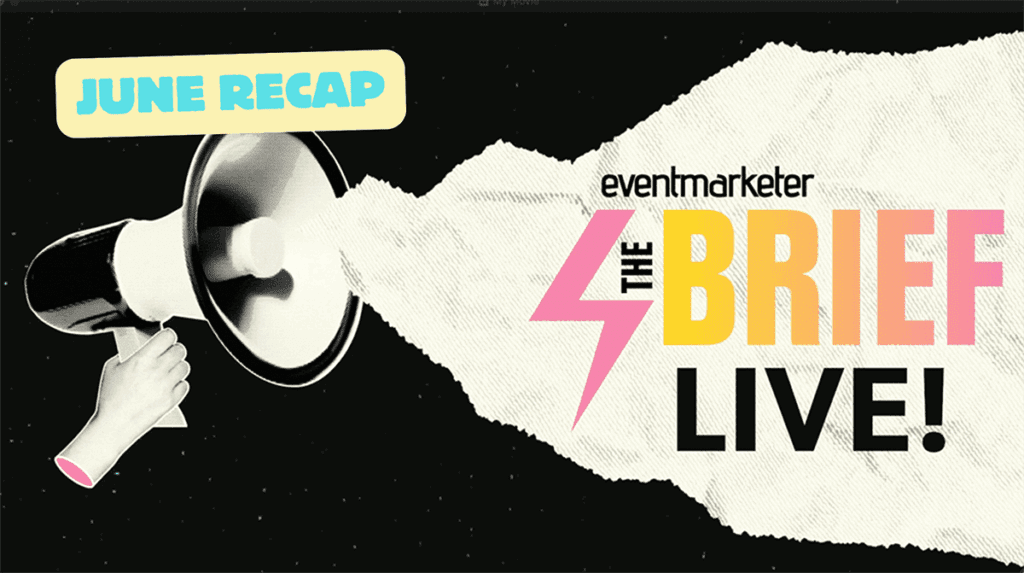Since 2008, venture capitalists have invested nearly $5 billion in over 500 big data technology startups, But relatively few individuals have the training and experience to comprehend the big data landscape and make sense of what is going on. Clearly, help is needed.
Enter the data scientist.
In the United States alone, estimates of the deficit in talent for such individuals range in the hundreds of thousands. Dr. Edward J. Egan, a professor at Imperial College Business School in London, is familiar with both the the supply and demand sides of the equation, and he states that “demand for expertise is now massively outstripping supply.” Top data science talent is most often courted by big bech and Wall Street firms with multiyear compensation packages running into seven figures, especially in the areas of truly big data and machine learning applications. The closer one’s business is to the tech giants, by both industry and location, the more a company will compete to attract and retain talent at these levels.
Who are these “data scientists”? Hackers, computer scientists, statisticians, mathematicians, and econometricians. Their educational backgrounds vary from self-taught savants to professor-level Ph.D.s, but their analytical nature is consistent. In a way that few computers or software packages are capable of, they see “patterns in the data.” Sometimes, the discovery of a magical pattern results in the modern-day equivalent of a gold strike for their employers.
Why Should CMOs Care?
“Big data” gold strikes can occur on the CMO’s claim—the delivery of more customers who are more profitable and more loyal to the business. Outcomes generally result in organic growth, and if there are C-level executives who don’t want to be responsible for delivering that to the firm, we haven’t met them. In fact, CEOs are asking for improved guidance on the growth agenda, and with respect to big data, CMOs are as well positioned as anyone in the C-suite to answer that bell.
Depending on the balance of power and market focus of the organization, the mission for data-driven growth is likely shared with the CFO, CIO, and—in some firms—the newly minted title of chief data officer. The importance of collaboration cannot be overstated, as the creation of multiple data science or analytics departments only adds to the confusion. In most cases, CMOs will have to drive their agendas in some form of shared responsibility and resources with others.
The spectrum of responsibility generally runs across three models—ownership, collaboration, and sponsorship. In the ownership model, the CMO is fully responsible for the decisions, resources, and outcomes of the analytics department. Collaboration suggests shared ownership of all. Sponsorship implies no ownership, but allows for input that likely comes with funding requirements. It is important for CMOs to realize where they are on this spectrum and what position is right to be in given the nature of the company, market, and pace demanded.
Depending on the size and culture of the organization, a governance policy that makes resource and responsibility exchanges clear can be a good idea. It may sound bureaucratic, but you are now building the foundation for what will become a tremendous investment and growth engine for the firm.
Talent Strategy for High ROI
Any business inevitably faces decisions regarding in-house versus consultancy and make versus buy. Given the novelty of the field, paucity of talent, and dizzying variety of third-party technology options, using experienced consultants over cultivating an in-house team may be slightly favored, at least in the short term. A team of experienced data science or professional services consultants from data science software vendors can act as guides to entering this exciting new field. Even if a CMO is confident in their business big data goals, building a data science team from scratch is a challenge. On the one hand, it’s hard to craft a strategy without in-house expertise. On the other hand, a bad first hire can create a ceiling for the future team.
Ultimately, time drives the decision to go in-house versus contract. If you are a CMO and your organization is just beginning to get on the big data train, it is likely too late to build your in-house foundation as a solitary strategy. If you haven’t developed a data science capability within your firm, the window of opportunity has passed, given the market for data science talent and the pace you need to maintain going forward. A dual strategy is recommended. Keep a good management capability, but seek data science talent outside the firm. In parallel, start the internal process to develop capabilities.
Integrating Data Science in the Marketing Organization
Once ready to make those strategic first hires, the CMO will have to develop knowledgeable data science management people to efficiently source appropriate technology and manage vendors with clarity of integration, responsibilities, and SLA terms. “Integration is of particular importance when one considers that the power of data increases exponentially with respect to the number of datasets joined together,” says Dr. Egan. “Having personnel that are good at crossing both human and technology silos to get the data working together is paramount.”
Getting more specific about personnel architecture, consider organizing by business focus area (e.g., products, risk, profitability, pricing, customer behavior).
You may begin with one focus area, but you will replicate teams over time. A good part of your team can come from internal reallocations. Source your focus area leaders from MBA analysts within the firm who have strong leadership and communication skills, a quantitative aptitude, and a few years of experience in the industry. The “engine room” of your data analysis can be built with data engineers from IT and joined by some of the more expensive and externally sourced true data scientist hires, typically Ph.D.-level statisticians and mathematicians from universities.
Culture Is King
Kurt Keutzer, professor in the UC Berkeley Computer Sciences Department, works with other faculty to train tomorrow’s data scientists. As a result, he is aware of what it takes to recruit top talent. He suggests, “If you have made the commitment to bring at least some of the necessary talent in house, you will have to pay attention to the ‘culture’ component. Before taking any actions to integrate data science with marketing, the CMO needs to honestly ask, ‘Do I believe in data science as a strategic direction?’ and ‘Am I ready to evangelize for the cause?’ Hiring a junior data scientist into a skeptical organization with a ‘prove it to us’ attitude is a recipe for disaster. There are too many exciting and lucrative opportunities in the field for top data science talent to want to enter a den of lions.”
Like other software scientists, data scientists look for challenging problems in an energized environment. Fair compensation is important, but a great variety and pace of projects and a collaborative environment of likeminded professionals are the most critical variables to retaining such valuable talent.
John P. Kelly is the managing director, predictive analytics, at Berkeley Research Group. Farouk Ferchichi is corporate manager, analytics, at Toyota Financial Services.
 Network
Network

